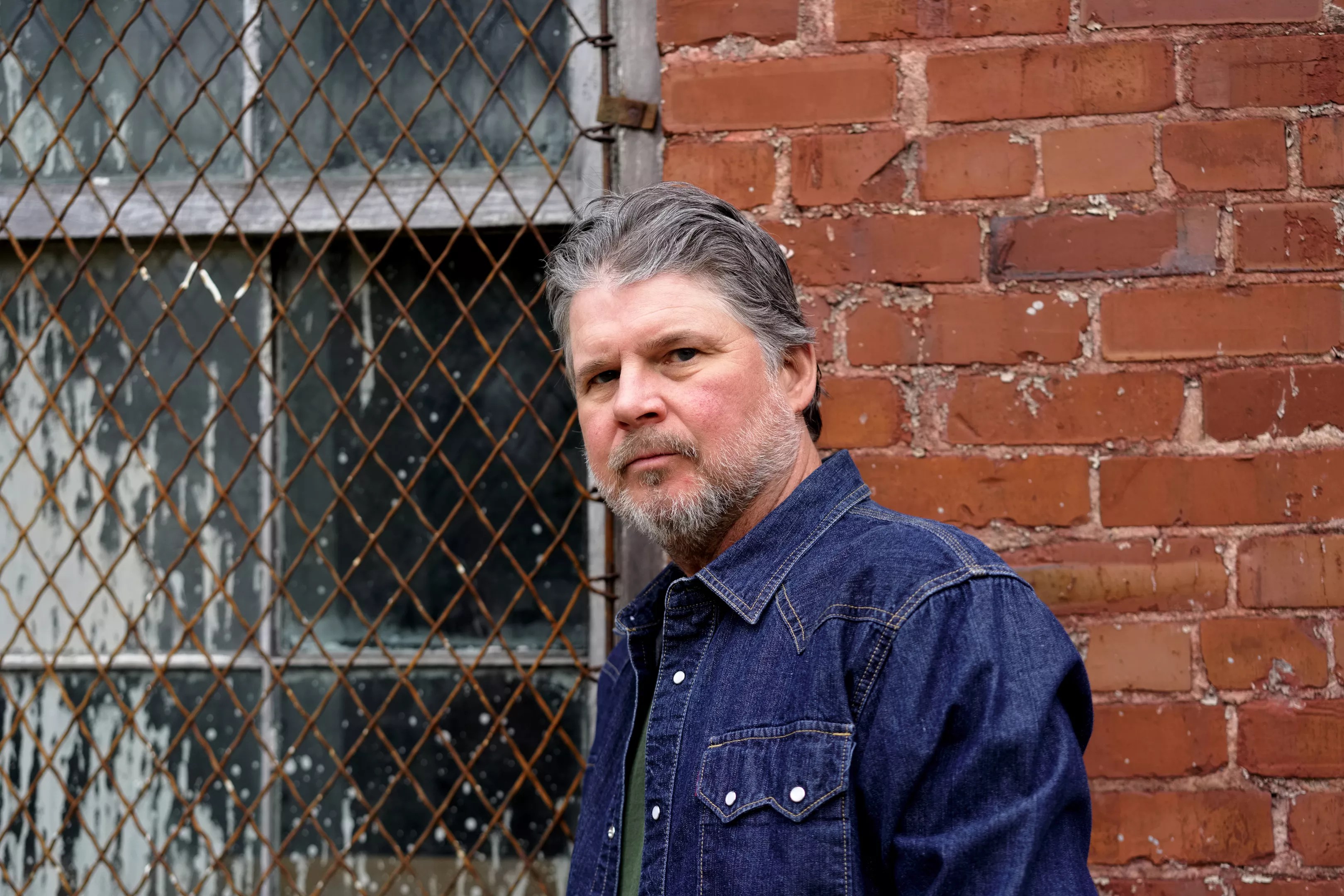
Ray Kennedy

Audio By Carbonatix
For nearly 40 years, he’s written songs for some of the most popular country artists in the industry. Names like Randy Travis and Blake Shelton line his CV. But Chris Knight has a decorated solo career of his own. And after nine studio albums and countless shows, the 64-year-old says he’s hitting his stride.
“I was probably better looking back then,” he says of the 1990s, when he started performing live. “But I don’t feel like I was necessarily comfortable on stage hardly ever, until just recently. I’m a little more settled in, I think, on stage now. And I enjoy it more.”
On Saturday, April 12, Knight will return to Dan’s Silverleaf for a show with fellow country artist Chance Stanley. It’s his first time back in Denton in a couple of years, and he’s always had a soft spot for Dan’s, which is a natural fit for his intimate, singer-songwriter shows.
People are usually in a good mood at Dan’s, Knight says. They’re not too rowdy, but they’re plugged into the music. They’re standing up, not sitting, and they’re attuned to the guy on stage with his guitar and his stories.
And Knight’s got plenty of stories.
He grew up in Slaughters, Kentucky, a mining town home to a few hundred people. Before music, he was a guitar-playing John Prine fanatic who worked as a mine inspector. He put off a career in music for as long as he could, intent on working a full-time job and staying near home. Even when he started shows, he says, the road didn’t always agree with him. He’d head out for a round of concerts and spend much of his time missing Slaughters. It was on one of those runs that he hit Nashville. One of the guys in the crowd – standing, not sitting – was a music producer.
Knight got his first record deal at age 37, and he developed a stellar reputation as a songwriter for everyone from red dirt country musicians to stadium country stars. He also released nine albums of his own from the late ’90s through 2019, each cementing his status for gritty storytelling. And in a way, Slaughters came with him wherever he went: The people of his town became the subjects of his songs.
There’s the kid who gave him his first cigarette, and the father and brother who spent time “Down the River” with a young Knight. If there’s a common thread, it’s that these people and the simple, honest lives they led – lives of simple pleasure (venison in the freezer, a fixed-up truck) and the back-breaking work that makes such pleasures possible. Knight might write songs for the Sheltons of the world, but he’s got more in common with Steve Earle and Hayes Carll. A vintage Knight song is “Nothin’ on Me,” wherein the narrator promises his audience he’s got enough grit to make it through whatever comes his way. It conveys the self-pride that’s a staple of practically every Knight record, going back to his 1998 debut.
That pride is part of his work ethic, too. Knight says he has at least 10 albums’ worth of songs he may release, in some form, if he can get them to the level of quality he’s constantly seeking.
True Grit
“I know my music ain’t for everybody, so I’m not trying to change what I’m doing just so everybody’s going to love it,” he says. “I mean, it’d be great if everybody did, but … I never recorded anything that I didn’t want to put on the record. And nobody was telling me, ‘This is a good song, you should record it,’ or whatever. It was always like, ‘I don’t like that song. I’m not going to do it.'”
The problem is, those songs, the ones he really likes, can be hard to come by. Sometimes he sits down and the words start the flow. Other times he begins with a line, takes a drive, and picks up a few more kernels here and there. It’s a time-consuming process that he consciously tries not to rush.
The more he describes, the clearer it becomes that he’s not only thinking about himself during the writing process. He may be his toughest critic, but the audience is top-of-mind – especially the listening, non-rowdy audience members.
“It’s not easy,” he says, “and I don’t want to do it if it ain’t worth playing for people. That’s what I think about. ‘Why would I force a bunch of bullshit on the crowd?'”
Knight is decidedly less verbose about things that aren’t music.
“I pretty much keep that stuff to myself, tell you the truth,” he says about what’s on his mind these days. He’s perfectly polite, but his thick Kentucky drawl will make anyone want to change the subject as fast as possible. This isn’t to say he’s not a good hang with a sense of humor. In an Observer interview in 2014, he was asked who he’d like to see cover one of his songs. “Justin Bieber,” he said.
Still, it’s clear he wants to talk about his music, and the conversation eventually turns to his set. He likes to change it up in between shows, because the last thing he wants is to be complacent. Like his writing, that’s partly a personal preference, and partly for the crowd.
If the show’s not great, he didn’t do his job well enough. And now that he’s more comfortable than ever, he’s putting in the best work of his life. You won’t catch him saying that, though; he’s far too humble.
“I’m not saying I’m comfortable now,” he says. “But I’m a whole lot more comfortable than I used to be.”